15 Environmentally Friendly Companies for Gen Z on the Job Hunt was originally published on Forage.

It’s clear that Generation Z is passionate about the environment and ensuring a sustainable planet. In fact, 67% of Gen Z respondents in a Pew Research Center survey said the climate should be a top priority.
But what about in the workplace? Research shows that Gen Z wants to work for environmentally friendly companies. However, identifying truly sustainable companies as a job seeker is challenging.
In a recent survey from KPMG, one in three UK respondents between 18 and 24 years old said they rejected a job offer because of the company’s stance on ESG (Environmental, Social, and Governance) factors. And 45% have researched a company’s ESG credentials when job searching.
Over half of Gen Z respondents (55%) in a survey from Deloitte said they research a brand’s environmental impact and policies before accepting a job. In addition, one in six (17%) said they’ve already changed jobs or sectors due to climate concerns — and 25% of Gen Zers plan to.
As a job seeker, how can you find genuinely sustainable companies? Below, we list some of the top environmentally friendly companies according to several criteria.
What Does It Mean to Be an ‘Environmentally Friendly Company?’
What defines “environmentally friendly” or “sustainable” companies isn’t always straightforward.
For instance, those who think “environmentally friendly” means having a net positive environmental impact may consider the description an oxymoron for companies. According to the Impact-Weighted Accounts Initiative, only four U.S.-based companies had positive environmental impacts in 2019. However, several other frameworks and distinctions can help you find a company that’s working toward sustainability in all the ways that matter to you.
To some extent, “environmentally friendly” in this context could mean “less environmentally unfriendly,” or companies that are taking action to minimize negative environmental impact.
ESG Frameworks
One way to quantify a company’s environmental impact is through an ESG framework. ESG frameworks take into account a variety of sustainability metrics to generate a company’s score. For example, S&P Global’s environmental score considers factors such as a company’s climate strategy, emissions, and resource efficiency.
A company can earn a favorable ESG score even if energy and sustainability aren’t its primary business focus. Overall ESG scores also include indicators outside of environmental sustainability, such as measures of DEI in a company’s workforce. Because many factors contribute to ESG scores, companies that score poorly in some areas can still have high scores overall.
Cristina Solis, sustainability consultant at Green Hive, advises that ESG ratings have limitations.
“These environmental impact assessment tools commonly face critiques, such as their dependency on potentially unreliable self-reported data, subjective evaluation processes, and the absence of standardized methodologies,” she says. “As a result, I tend to place greater trust in third-party certifications, since many of these certifications undergo audits by independent organizations, guaranteeing a higher degree of objectivity and credibility when evaluating a company’s environmental impact.”
Since ESG ratings aren’t perfect indicators of companies’ environmental impacts, you should consider them alongside other indicators.
Certifications and Business Characteristics
ESG scores can be helpful, but they’ve also been politicized, notes Luisa Chew, director of human resources at Modern Hydrogen. When evaluating a company’s environmental impact, she recommends researching beyond its ESG scores.
Chew adds that the B Corporation certification is another useful reference for job seekers looking for sustainable companies. To be certified as a B Corporation, a company must meet a set of sustainability standards.
Beyond ESG ratings and certifications, your definition of environmentally friendly companies could also consider business interests correlated with sustainable outcomes. For example, a company investing in wind power has a business incentive to further the transition to renewable energy.
When searching for sustainable companies you might want to work for, you’ll need to decide what’s most important to you. Do you want to work for a large, publicly traded corporation committed to a broadly impactful ESG framework but with top business priorities unrelated to its sustainable goals? Or do you want to work for a small start-up solely focused on sustainability initiatives but that may lack the resources necessary to make a far-reaching impact?
Top Environmentally Friendly Companies
These fifteen companies earned high environmental scores from JUST Capital. JUST Capital’s environmental score takes into account the company’s air pollution, renewable energy percentage, sustainable products and services, scope 3 emissions, scope 1 plus 2 greenhouse gas emissions, climate commitments, and resource efficiency.
We also include additional environmental scores for each company from S&P Global, Institutional Shareholder Services (ISS), Carbon Disclosure Project, and the Impact-Weighted Accounts Initiative at Harvard Business School.
- Workday
- Hewlett Packard Enterprise Co.
- Akamai Technologies Inc.
- Microsoft Corp.
- Procter & Gamble Co.
- Bank of America
- IBM
- Johnson & Johnson
- Accenture Plc
- Ball Corp.
- Elevance Health
- VMWare Inc.
- McCormick & Company Inc.
- Williams-Sonoma Inc.
- Goldman Sachs Group Inc.
1. Workday
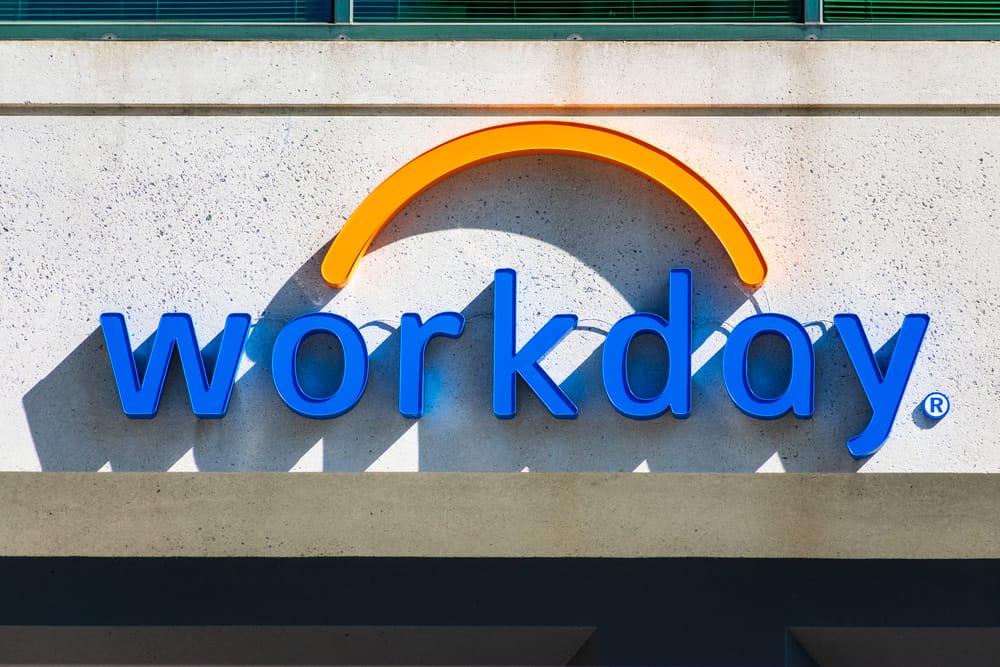
Workday is a cloud-based software company headquartered in Pleasanton, California. It received the highest environmental score of any company from JUST Capital. It also earned the top overall scores for pollution reduction and resource efficiency.
Workday earned an environmental score of 57 from S&P Global, higher than the industry mean score of 21. On a scale of -10 to 10, with 10 indicating the highest positive impact, the company’s SDG Impact Rating from ISS is 3.9. Workday earned a B score according to its responses to the climate change questionnaire from Carbon Disclosure Project in 2022.
Workday has provided a carbon-neutral cloud since 2017 and reached net-zero carbon emissions in 2020.
Workday reduced its carbon usage by one-third between 2015 and 2020, according to its website. The company reduced its lifetime net carbon footprint to zero by purchasing carbon offsets.
2. Hewlett Packard Enterprise Co.
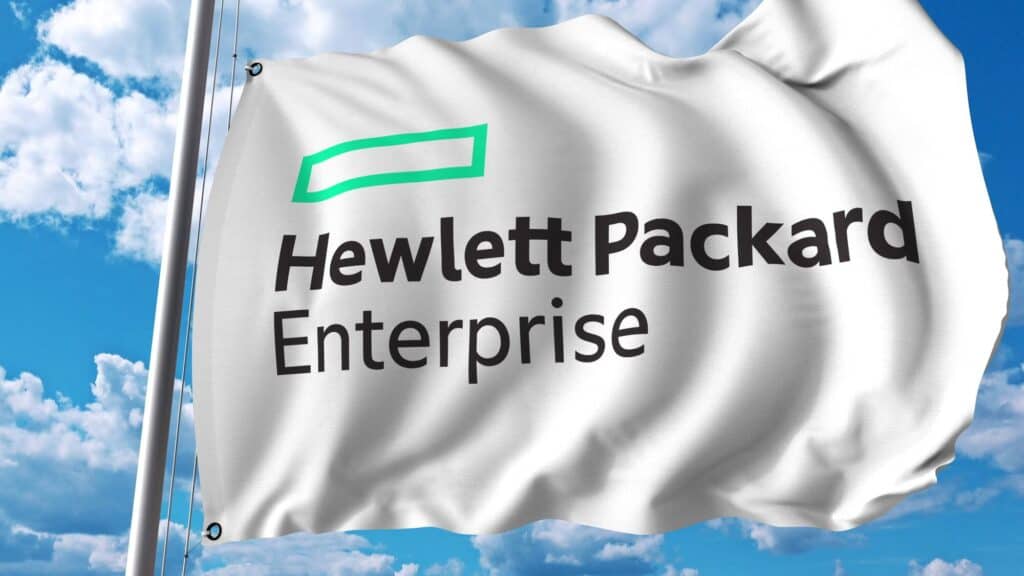
Hewlett Packard Enterprise (HPE) is an information technology company based in Spring, Texas. It has the top environmental score in the computer services industry in JUST Capital’s ranking and tied with Workday for the highest score for pollution reduction. Its S&P Global environmental score is 89, while the industry mean is 49. It scored an A- on Carbon Disclosure Project’s 2022 climate change questionnaire and a 3.8 SDG impact rating, signifying limited positive impact from ISS.
Hewlett Packard Enterprise is committed to becoming a net-zero enterprise by 2040, based on its 2022 Living Progress report. And, according to HPE’s climate policy, the company is prioritizing transitioning to 100% clean energy alternatives in its operations by 2030, transitioning to electric vehicles, making logistics more efficient, reducing emissions, and purchasing carbon offsets.
3. Akamai Technologies Inc.
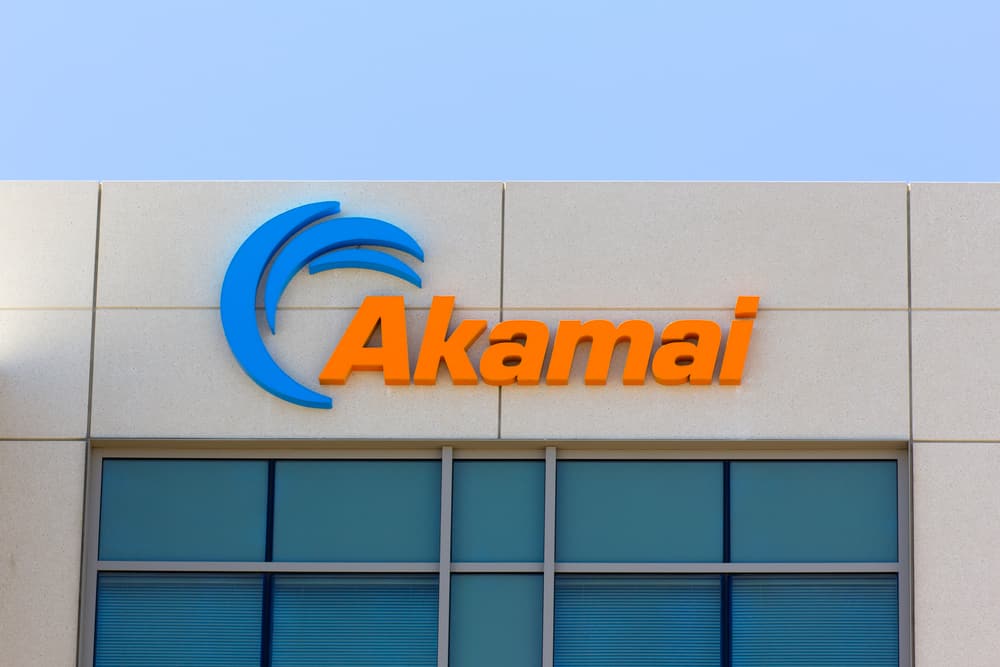
Akamai Technologies is a cloud computing company based in Cambridge, Massachusetts. It earned the third-highest environmental score from JUST Capital and tied with Workday and HPE for the highest pollution reduction score. It scored first for resource efficiency among companies in the internet industry.
Akamai earned an environmental score of 80 from S&P Global and an SDG impact rating of 3.1 from ISS. It also scored an A- for its 2022 climate change questionnaire from Carbon Disclosure Project.
Akamai’s 2022 ESG Impact Report states five goals the company aims to achieve by 2030:
- 100% platform emissions mitigation
- 100% renewably sourced energy
- 50% more energy-efficient platform
- Responsible supply chain management
- Global expansion of 100% e-waste recycling
4. Microsoft Corp.
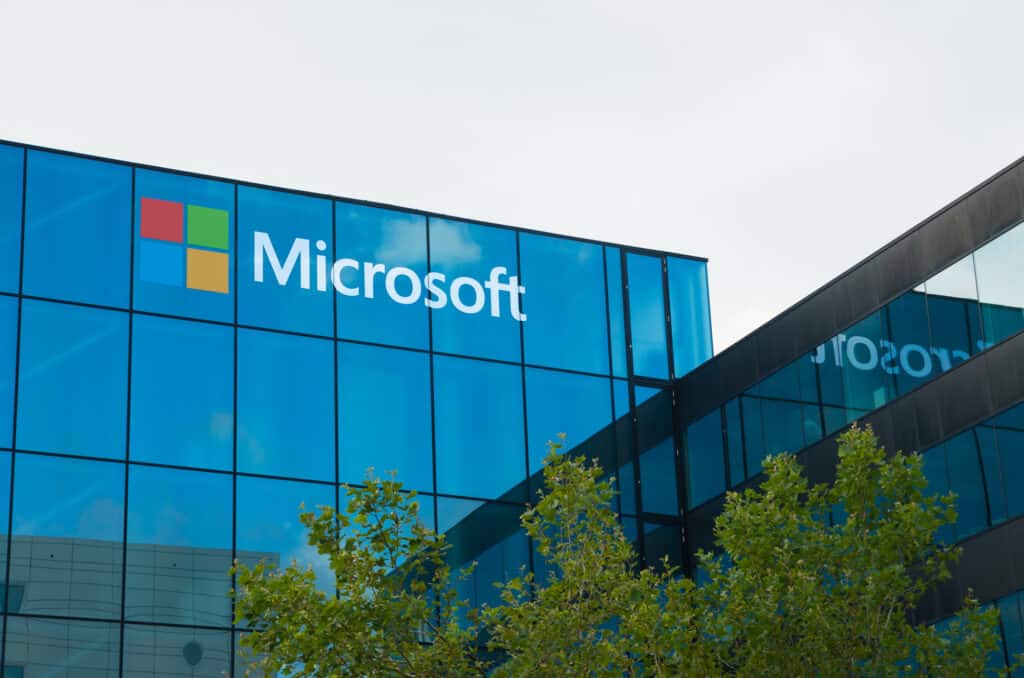
Microsoft Corporation, a “big five” tech company, is based in Redmond, Washington. It ranked second among software companies for its environment score from JUST Capital, tying for first in the industry in pollution reduction and using sustainable materials.
Microsoft earned an A for its 2022 responses to Carbon Disclosure Project’s climate change questionnaire and its environment score from S&P Global is 74, while the industry average is 21. Microsoft’s SDG impact rating from ISS is 3.2.
Microsoft committed in 2020 to becoming carbon-negative, water-positive, and zero waste by 2030. By 2050, the company intends to remove from the atmosphere an equivalent amount of all the carbon dioxide it has emitted either directly or by its electricity consumption since its founding in 1975.
“Around the globe, we are reducing energy consumption, implementing water reduction and recapture strategies, and certifying our campuses zero waste,” says Katie Ross, sustainability lead at Microsoft, in a video posted to the company website.
5. Procter & Gamble Co.

Procter & Gamble Co. (P&G) is a consumer goods corporation headquartered in Cincinnati, Ohio. The company is behind brands such as Pampers, Bounty, Gillette, Crest, Olay, and many more.
P&G earned the top environmental score in the industry in JUST Capital’s ranking, also scoring first for pollution reduction and resource efficiency. It received an A- on Carbon Disclosure Project’s 2022 climate change questionnaire and an environment score of 58 (compared to an industry mean of 48) from S&P Global. However, according to the Impact-Weighted Accounts Initiative, P&G had the highest reported environmental cost in 2019 of the 15 companies listed here: $1.7 billion.
In 2020, the company announced a commitment to be carbon neutral for the decade. It will increase energy efficiency, purchase 100% renewable electricity globally, and fund partners’ environmental projects.
According to the company’s Climate Transition Action Plan, P&G intends to reach net-zero greenhouse gas emissions across its supply chain and operation by 2040.
6. Bank of America
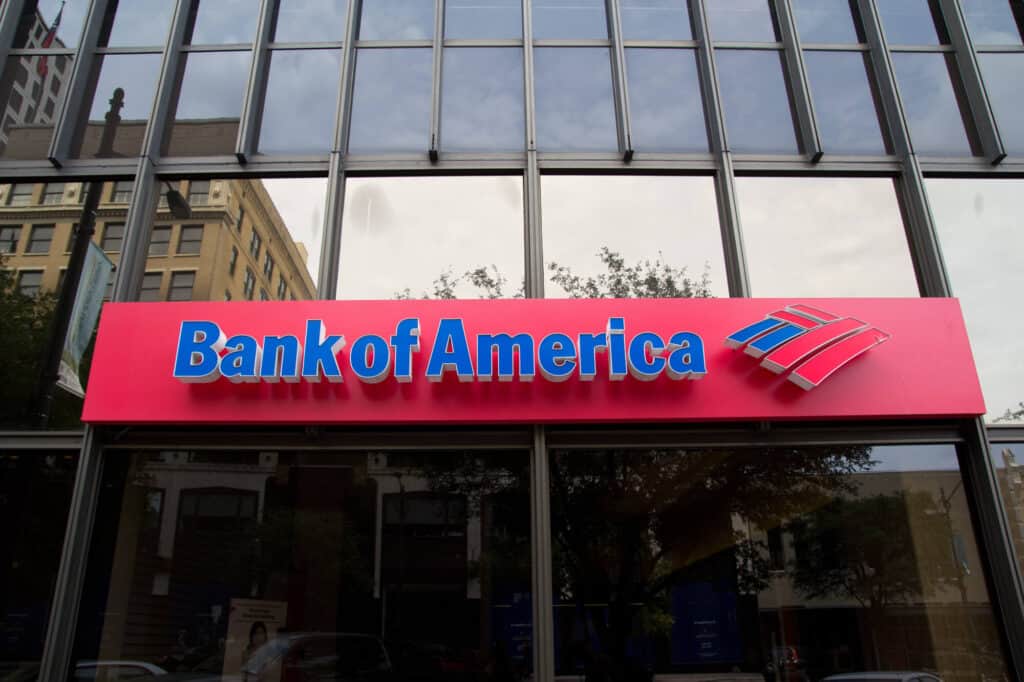
Bank of America is an investment bank and financial services company headquartered in Charlotte, North Carolina.
The bank earned the highest environmental score in the banking industry in JUST Capital’s ranking. It also scored or tied for first in its industry for pollution reduction, use of sustainable materials, and resource efficiency. Bank of America earned an A- on Carbon Disclosure Project’s 2021 climate change questionnaire, and its environmental score from S&P Global is 56, compared to the industry average of 27. Its SDG impact rating is 3.1.
In 2021, Bank of America set the goal to achieve net-zero greenhouse gas emissions in its financing, operations, and supply chain before 2050, according to its 2022 annual report.
The report states that the company is already carbon-neutral in its operations and procures all its electricity from renewable sources. In 2022, Bank of America announced 2030 targets for reducing emissions associated with financing activities related to auto manufacturing, energy, and power generation.
In 2021, the company set a target to align $1 trillion to the environmental transition and $500 billion to inclusive social development by 2030.
7. IBM

IBM is a technology corporation headquartered in Armonk, New York.
IBM scored second in its industry behind HPE for its environmental score from JUST Capital, ranking seventh overall.
It earned a B on the 2022 climate change questionnaire from Carbon Disclosure Project and an environmental score of 74 (compared to an industry average of 38) from S&P Global. Its SDG impact rating from ISS is 4, higher than any of the previously listed companies.
IBM has twenty-one environment-related commitments, including net-zero greenhouse gas emissions by 2030, diverting 90% by weight of nonhazardous waste from landfill and incineration by 2025, and 100 client engagements or research projects with environmental benefits by 2025.
IBM formed its first corporate environmental policy in 1971.
8. Johnson & Johnson

Johnson & Johnson is a pharmaceutical and medical technologies corporation headquartered in New Brunswick, New Jersey. The company ranked highest among pharmaceutical and biotech companies for its environmental score in JUST Capital’s ranking. It earned an A on the 2022 climate change questionnaire from Carbon Disclosure Project.
The company has an SDG impact rating of 7.2 from ISS, signifying a significant positive impact and the highest SDG impact rating of any company on our list.
According to J&J’s ESG strategy, the company intends to achieve carbon neutrality for its operations and reduce absolute scope 3 upstream value chain (scope 3) emissions by 20% from 2016 levels.
9. Accenture Plc
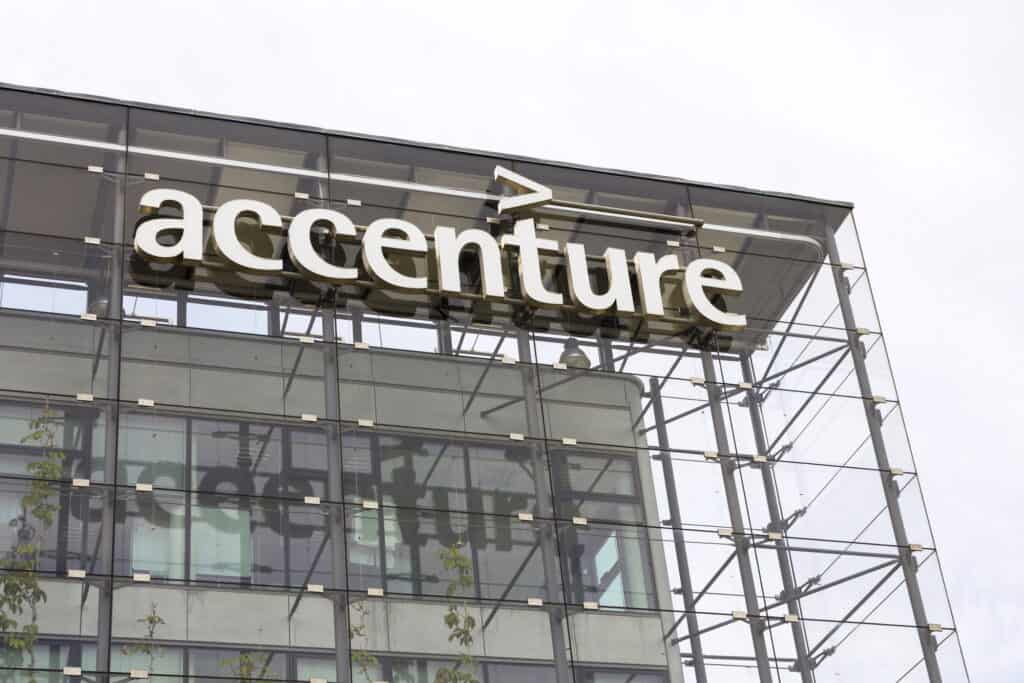
Accenture is a professional services company based in Dublin, Ireland. It ranks first in the commercial support services industry for its environmental score from JUST Capital and earned an A on the 2022 climate change questionnaire from Carbon Disclosure Project.
Its environmental score of 82 from S&P Global is higher than the industry mean of 38, and its SDG impact rating from ISS is 0.1, signifying no net impact. Accenture intends to achieve net-zero emissions and reuse or recycle 100% of its e-waste, and it plans to mitigate the potential impacts of water risk by the end of 2025.
10. Ball Corp.

Ball Corporation is a packaging and aerospace company headquartered in Westminster, Colorado. Many know the company for its production of glass jars. It earned the highest environmental score of any industrial goods company in JUST Capital’s ranking and tied for first in the industry for its use of sustainable materials.
Its score on Carbon Disclosure Project’s 2022 climate change survey was an A-, its SDG impact rating from ISS is 4.5, and its environmental score from S&P global is 71.
Ball Corporation’s sustainability goals for 2030 include:
- Aligning the industry to achieve a 90% global recycling rate for aluminum beverage cans, bottles, and cups
- Reducing absolute scope 1 and 2 greenhouse gas emissions by 55% and absolute scope 3 emissions by 55%
- Achieving 100% renewable electricity globally by 2030, with an interim target of 75% by 2025
11. Elevance Health
Elevance Health, formerly known as Anthem Inc., is a health insurance company based in Indianapolis, Indiana. It has the second-highest environmental score from JUST Capital among health care providers, scoring first in its industry for pollution reduction and second for reducing carbon emissions and using resources efficiently.
Elevance Health has the highest SDG impact rating of any companies on this list: 8.4, indicating a significant positive impact. It has an environmental score of 81 from S&P Global and earned a B on the 2022 climate change questionnaire from Carbon Disclosure Project.
The company became an initial signatory of the U.S. Department of Health and Human Services Health Sector Climate Pledge in 2022. According to its environmental policy and commitments, Elevance met its 100% renewable electricity goal in 2021. The company intends to reduce its emissions by 50% by 2030 and achieve net-zero emissions by 2050.
12. VMWare Inc.
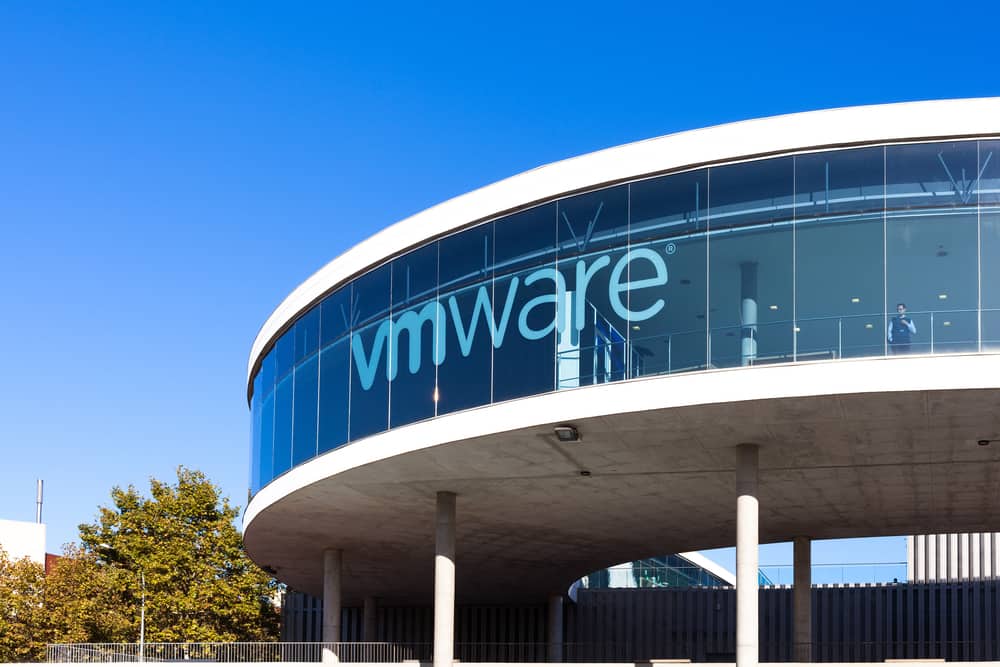
VMWare is a cloud computing company headquartered in Palo Alto, California. In JUST Capital’s environmental score rankings, VMWare ranks third in the software industry. It’s also tied for first for its use of sustainable materials.
VMWare’s environmental score from S&P Global is 82, and its SDG impact rating from ISS is 5. The company earned an A on Carbon Disclosure Project’s 2022 climate change questionnaire.
Since 2019, 100% of operations for VMWare’s facilities have been powered from renewable sources, according to the company’s 2023 ESG Report.
VMWare has ten sustainability goals on its 2030 agenda in areas such as transparency around the carbon reduction impact of its solutions, net-zero carbon emissions for its operations and supply chain, and e-waste responsibility.
13. McCormick & Company Inc.

McCormick & Company is a food company headquartered in Hunt Valley, Maryland. It earned the highest environmental score among food, beverage, and tobacco companies in the JUST Capital ranking.
Its S&P Global environmental score is 57, and its SDG impact rating is 4.3. McCormick & Company earned a B on the 2022 climate change questionnaire from Carbon Disclosure Project. McCormick & Company has used more renewable energy and invested in new technology to make progress toward its goal of achieving net zero by 2050.
14. Williams-Sonoma Inc.

Williams-Sonoma is a retail company headquartered in San Francisco, California. It has the highest environment score of any retail company in JUST Capital’s rankings.
The company earned a B on the 2022 climate change questionnaire from Carbon Disclosure Project. Its SDG impact rating from ISS is 3.4, and its environment score from S&P Global is 56.
Williams-Sonoma intends to be carbon neutral in its operations (scopes 1 and 2) by 2025, according to its 2022 impact report. The company also intends to achieve a 50% scope 1 and 2 and 14% scope 3 absolute reduction by 2030.
15. Goldman Sachs Group Inc.

Goldman Sachs is an investment bank and financial services company based in New York, New York. It earned the highest environment score of the capital markets companies by JUST Capital.
Goldman Sachs scored an A- on the 2021 climate change questionnaire from Carbon Disclosure Project. Its environmental score from S&P Global is 46, compared to an industry mean of 23, and its SDG impact rating from ISS is 1.2.
Comparing Environmentally Friendly Companies
Environmentally Friendly Companies With the B Corp Certification
As mentioned above, another way to discover environmentally friendly companies besides ESG ratings is to look into third-party certifications like the B Corp certification.
Here are some certified B Corporations with more than 1000 employees:
- Patagonia
- Athleta
- Imperfect Foods
- Nespresso Global
- Guardian Media Group
- Cascade Engineering
- Amy’s Kitchen
- Erewhon
- Rituals Cosmetics
- Aveda
How to Research Environmentally Friendly Companies
Use LinkedIn
Chew recommends researching sustainable companies on LinkedIn, which she did as part of her job search.
“I looked at the company’s LinkedIn page, but not only theirs. I also looked at what other companies had said about that company on LinkedIn,” she says. “It can act as a reference because then you can also search that other company, see what they’re about, see who they’re affiliated with, and kind of start doing your own research there.”
She also recommends reviewing the company’s LinkedIn history to see whether its messaging around environmental sustainability has remained consistent.
Ask in Interviews
If you reach the interview stage with a company, ask your interviewers about the company’s approach. “If you’re interviewing with a company and the interviewer says things that are contrary to what’s on the website or what you know of the company — of course that’s going to be a flag,” Chew says.
Vetting Environmentally Friendly Companies as a Job Seeker
“If you get to the interview stage with a company that you’re interested in, ask a question around how the company approaches sustainability, what their environmental impacts are, and maybe ask that throughout the interview process to different interviewers and see what they say.” — Luisa Chew, director of human resources at Modern Hydrogen
Research Online
You can also read up on media coverage of sustainable companies’ environmental initiatives outside of LinkedIn. However, a company’s marketing claims are less likely to be unbiased than indicators from an external group.
Chew recommends “looking at the online research and really analyzing it to see if what you’re reading is pretty consistent across the board.”
Unfortunately, greenwashing — exaggerating or fabricating claims of positive environmental impact for marketing purposes — is common.
“Company websites and sustainability reports should be scrutinized carefully, as some companies engage in greenwashing (making their environmental efforts seem better than they are),” Solis says. “For example, a job seeker could first examine a company’s sustainability reports, then cross-reference the information with third-party certifications and rankings to get a more holistic view.”
Joseph Powell, the founding executive director of the Energy Transition Institute at the University of Houston, recommends networking with industry professionals in person at conferences as a viable method to find environmentally friendly companies.
“In my mind, that still ends up being the best way to really detect who’s sincere, who’s excited about those opportunities, versus other organizations that may be on the window dressing side,” he says.
He adds that online media coverage can fail to holistically characterize sustainable companies’ environmental contributions.
“I think the biggest dilemma is sorting through the press, which a lot of that may tend to push towards, ‘You need to be a start-up in order to be able to focus solely on net zero and sustainable new technology,’” he says. “I would say that’s not the case because those companies often don’t have the resources to be able to make an impact, and then they have to partner with those who understand the bigger market and technology chain to make a difference.”
How to Get Into Environmental Careers
If you want to take your activism and passion for the environment to the next level, you can go beyond just working for an environmentally friendly company and also choose a career that’s focused on sustainability and the environment.
If you’re in college, there are likely campus resources you can use to build qualifications to work for sustainable companies.
Check Out Environmental Programs on Campus
“If your school has a sustainability program, environmental program, even public health — there’s a lot of overlap between environmental sustainability and public health — reach out to those different programs just to understand, first, the resources that your school has,” Chew says.
There are also opportunities for students majoring in other sciences or social sciences to explore the energy industry.
“Many [universities] have these energy institutes that have cross-cutting programs across these different discipline majors, from the fundamental sciences to engineering to the social sciences and business, law,” Powell says.
Develop Your Environmental Skill Set
Powell emphasizes that certain skill sets are vital for success in the energy field.
“You can’t just say, ‘I want to do renewable energy,’” he says. “You have to know engineering. You have to know chemistry. You have to know how to build and control that. You need to know the business. You need to know all the elements that go into managing that. The renewable energy and sustainability is the target, but it’s those fundamental skills and traditional degree programs that really provide the knowledge base to do something in those fields.”
Powell also emphasizes studying data science if you get the opportunity. “Data science is just really huge because that’s transforming how we do everything,” he says.
Use Company Research to Narrow Down Your Choices
In addition to career planning, researching environmentally friendly companies can help you make decisions about your college experience and potential career goals.
Chew recalls doing this sort of research to help her choose her college major.
“I was like, ‘Okay, here’s my short list of places that I would be interested in working.’ After that I then looked at the careers page on those companies’ websites to see — okay, who are the people that they’re recruiting for, you know, who’s on the website that maybe they’re showcasing, and what’s their job title? What department are they in? What type of work are they doing? That would help me formulate, okay, maybe this is the sort of major that I’d be interested in,” she says.
When it comes to choosing classes and internships during college, you can use company research to help plan your environmental career path after you graduate.


